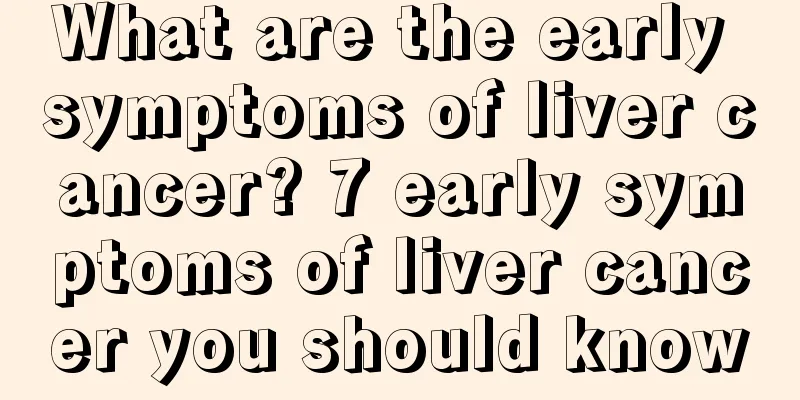What is chronic gastritis with verrucous erosion?

|
Chronic gastritis with verrucous erosion is actually a special type of chronic gastritis. Its clinical manifestations are upper abdominal pain, dull pain, or vomiting blood, black stools and other symptoms. The impact is relatively serious, so scientific treatment is required to improve it. 1. Verrucous gastritis, also known as acne-like gastritis or chronic erosive gastritis, is a special type of chronic gastritis. It is characterized by recurrent or persistent multiple gastric erosions of unknown cause. The erosions are characteristically warty, most of which are distributed in the pyloric gland area and transitional zone, and a few can be seen throughout the stomach. 2. The clinical manifestations are non-specific. There is upper abdominal pain, which is dull and bloating and often irregular. This is followed by upper abdominal distension, heat, and heartburn. One-third of cases have upper gastrointestinal bleeding (manifested by vomiting blood and black stools). A few cases may be asymptomatic. Although there are unique morphological and histological changes, the clinical manifestations are no different from those of common chronic gastritis. The lesions may regress after treatment or elimination of the cause. In a few cases where the lesions develop to the intestinal metaplasia stage, the hillocks are not easy to disappear, but the prognosis is still good. 3. It is characterized by recurrent or persistent multiple warty raised lesions in the gastric mucosa, which are round or irregular in shape. Most of them are scattered in the gastric antrum and can also be seen in the gastric body. Sometimes they are connected along the folds like beads. They can also be isolated single bulges or a few lesions in the gastric antrum, with a diameter of about 5 to 10 mm and a height of about 2 to 3 mm. In the active stage, it is common to see erosion and depression in the center of the bulge, and the surface may be covered with blood scabs and dirty moss. 4. Domestic literature generally refers to it as verrucous gastritis. Its etiology and pathogenesis have not yet been fully elucidated, and there is no unified treatment plan. In recent years, studies have reported that it has a tendency to become cancerous. |
<<: Epilepsy treatment and dietary considerations
>>: What to do if the cesarean section scar turns red
Recommend
Preventing and treating liver fire in spring
We all know that if the liver fire is strong, it ...
How to use the essence
We may often see essence in our lives. It is a su...
Can Luo Han Guo and Astragalus be soaked together?
Luo Han Guo has the effect of clearing the throat...
The symptoms of rotavirus enteritis are like this
Rotavirus enteritis is a common type of enteritis...
5 causes of esophageal cancer
The five causes of esophageal cancer include: (I)...
What should I do if chewing gum gets stuck on my clothes?
Many people are troubled by chewing gum stuck on ...
Can applying honey lighten moles?
Moles are common on people's bodies, mainly c...
What are the symptoms of advanced rectal cancer
Rectal cancer can cause great harm to the human b...
How to clean scale in a water dispenser
Many people know that scale is easy to appear whe...
What foods do you usually eat to nourish your stomach?
Usual eating habits have the greatest impact on t...
How to remove oil stains from clothes
When we are sitting or eating, it is easy to get ...
Is there a relationship between pregnancy and breast cancer?
When older mothers are preparing for pregnancy, t...
What is the reason for the black body
Skin health is closely related to our physical he...
Drug selection for endometrial cancer
Endometrial cancer is a common and frequently occ...
B-ultrasound can detect bladder cancer
Bladder cancer is a common malignant tumor of the...









